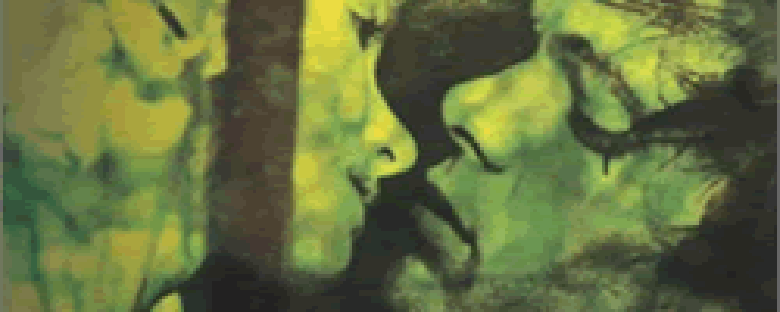Reviews
The Valley (Obscured by Clouds)
Barbet Schroeder
France, 1972
Credits
Review by Rumsey Taylor
Posted on 11 July 2004
Source Home Vision Entertainment DVD
La Vallée finds a “restless diplomat’s wife” in New Guinea. She is culturally sophisticated, speaks to others in two languages throughout the film, and seeks rare and exotic bird feathers. The latter trait affords her the knowledge of a magician/sorcerer (a fear is implicit in the delivery of this rare title), known to give such feathers as gifts. Armed with hallucinogenic drugs and without a bra she embarks with her granola tribe into the nature of New Guinea.
She joins a troupe of freethinking hippies (copulation in the presence or view of others is generously permitted) who seek a tribal commune of Aborigines in an obscured valley (of the American subtitle). They possess a map marred by conspicuous blank spots, denoting the fog of clouds that impede their journey. They seek a treasure of paradise, free from societal rule, and, in La Vallée’s trademark, their journey is scored with the relaxed music of Pink Floyd.
The troupe makes way through the dense fog and locates an Aboriginal community, which welcomes their appearance in a tribal celebration. The guests quickly eschew their contemporary garb and paint their faces. They feast on pork (the ritualistic death of the dinner entrée is seen in the film) and briefly recognize a similarity that transcends their differentiated cultures.
La Vallée’s philosophy is obvious at this moment, delivered in an epiphanic thought: that this isolated society has the same faults as its contemporary counterpart. It is unjustified and under-evidenced — the result of the film’s meandering preceding minutes.
Nestor Almendros photographs the film (renowned for his work in Days of Heaven) and is given ample reign. The film is told in two separate styles: the staging of the narrative, and the documenting of the Aborigine tribe. The latter is a factual element, and Almendros’ view is observatory and patient. Its cinematography is La Vallée’s success.
La Vallée fails to establish an end to either of its paths: the hippies’ trek is anticlimactic (the ending is brief and does not retain its intended poetry), and the tribe is observed and not studied, not stabilizing the accusations made about them. It is a film with a lush visual element and ambience, and with little substance.
We don’t do comments anymore, but you may contact us here or find us on Twitter or Facebook.



